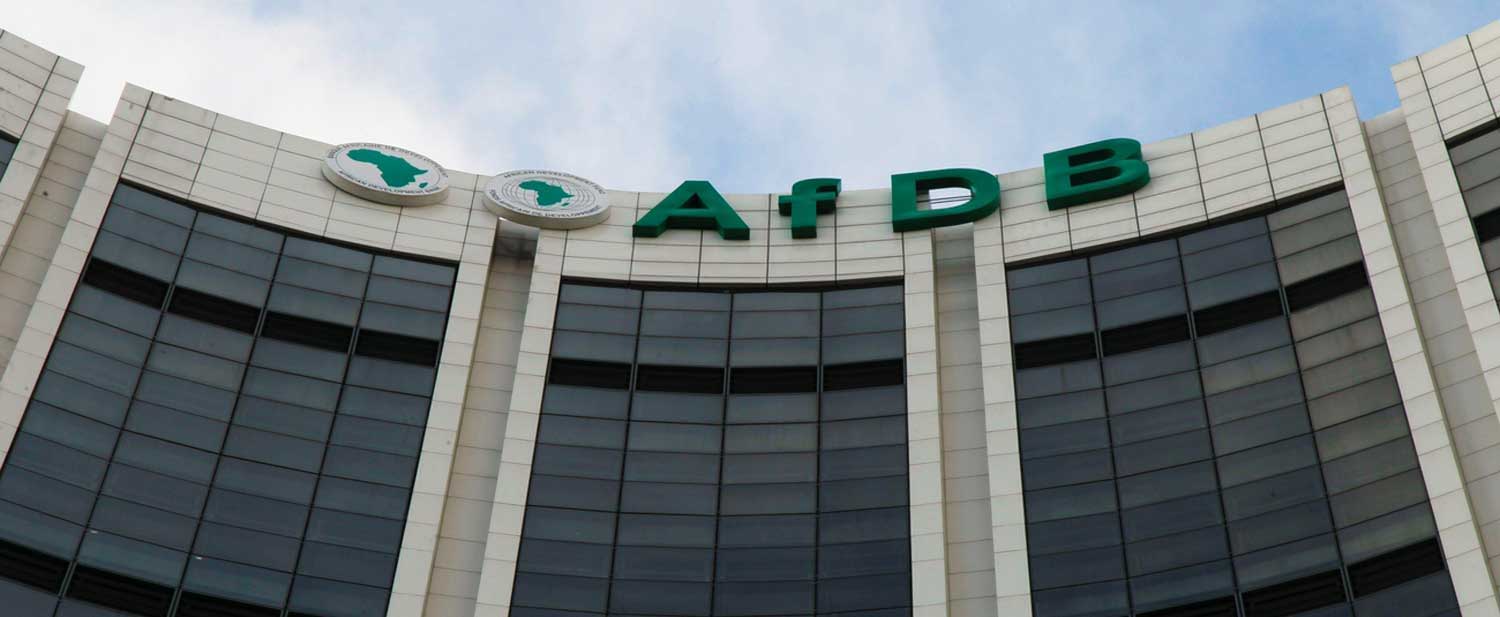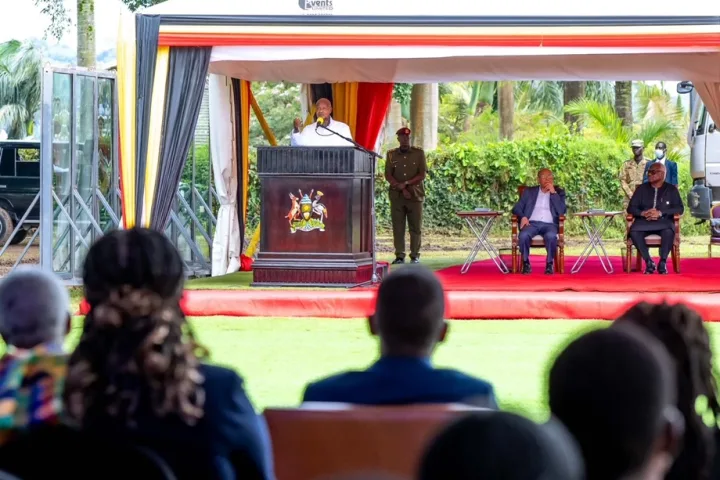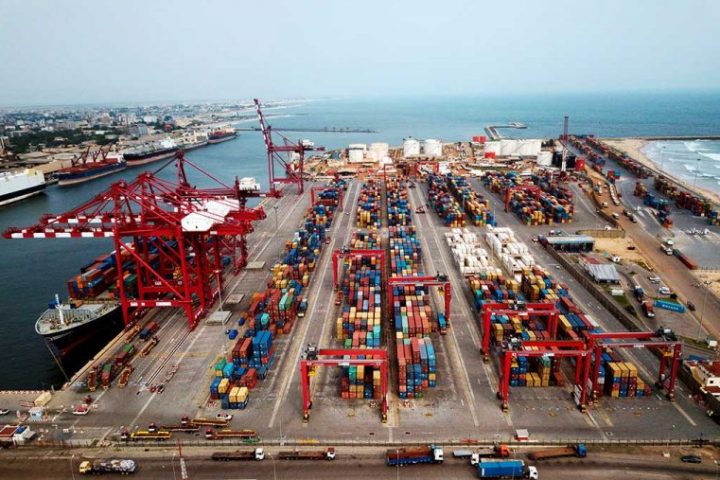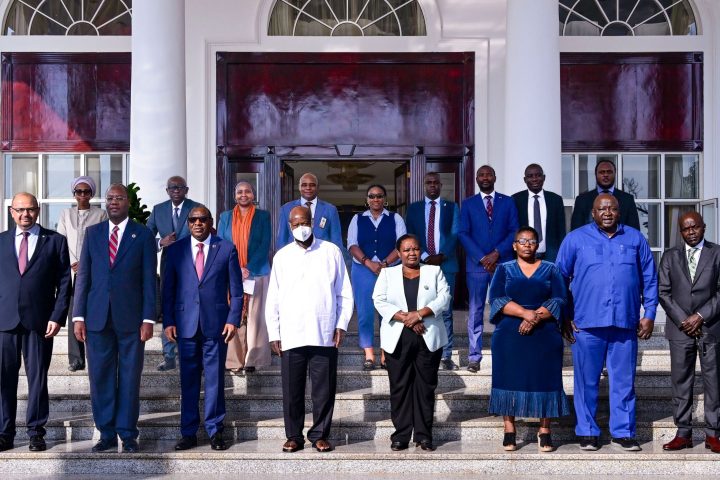Multilateral Development Banks gathered at the 2023 UN Climate Change Conference (COP 28) in Dubai have committed to extensive global action to address Africa’s critical climate change challenges.
In a joint statement released, representatives from major banks affirmed their determination to increase co-financing and engage the private sector to combat the severe impact of climate change on the African continent.
Join our WhatsApp ChannelSpeaking at the conference, a representative from the African Development Bank Group emphasized the urgent need for collaborative efforts: “Africa, despite contributing the least to global warming, is enduring existential threats due to the catastrophic effects of climate change.
The series of devastating natural disasters across the continent, including floods and droughts, have resulted in immense loss of life, infrastructure destruction, and endangered food security for millions.”
READ ALSO: Nigeria Can Lead Lithium-Ion Battery Production, Climate Transition, Says AfDB
The joint statement outlined plans for socially inclusive, gender-responsive, and nature-positive climate actions, leveraging the expertise and networks of various development banks.
Signatories, including major banks like the World Bank Group and the Asian Development Bank, pledged to pool resources to attract private capital for affected countries and expand reporting on climate impact.
Furthermore, the banks committed to supporting adaptation and disaster risk management through initiatives like the Early Warning for All program, promoting accessible early warning systems by 2027.
Another key focus area involves the launch of a Long-term Strategies Program, aiding countries in formulating low-emission development strategies and long-term climate plans.
Highlighting the commitment to various sectors, the banks pledged to identify and expand financing for gender-responsive solutions in areas such as water, health, and other critical domains.
A joint report by Multilateral Development Banks, released in October and accessible via this link, revealed a record $60.7 billion in climate finance for low- and middle-income economies in 2022, indicating 46% increase compared to 2019.
The report indicated that the majority of this finance was directed towards climate change mitigation and adaptation efforts, with contributions from private finance.
This collective effort signifies a commitment by development banks to address Africa’s pressing climate crisis and underscores the importance of global cooperation in combating climate change.
Emmanuel Ochayi is a journalist. He is a graduate of the University of Lagos, School of first choice and the nations pride. Emmanuel is keen on exploring writing angles in different areas, including Business, climate change, politics, Education, and others.


















Follow Us